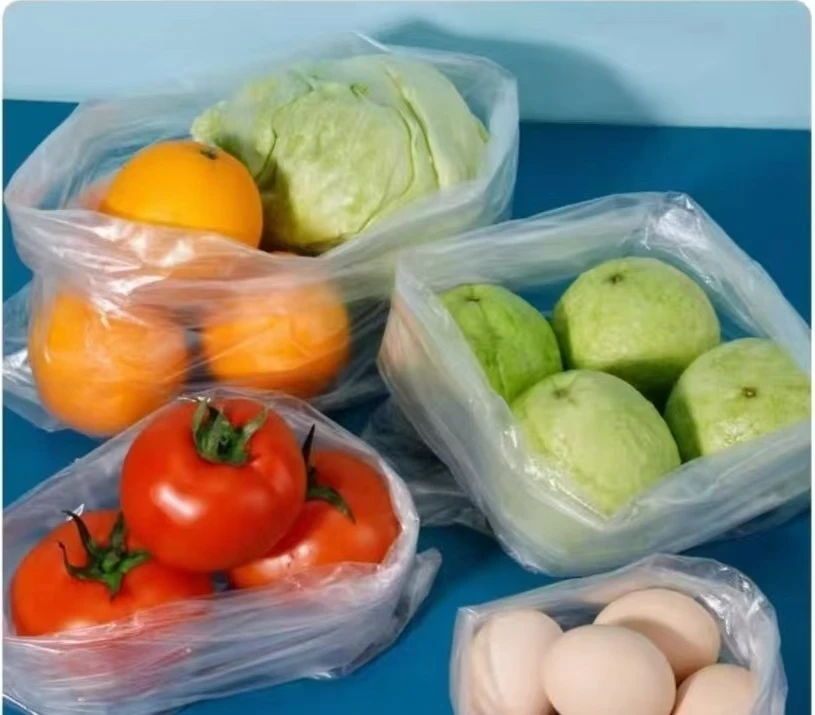The Rise of Disposable Wooden Forks A Sustainable Alternative
In recent years, the global conversation surrounding sustainability has intensified. With increasing awareness of environmental issues, many consumers are seeking eco-friendly alternatives to traditional plastic utensils. Among these alternatives, disposable wooden forks have emerged as a popular choice. This article will explore the benefits, applications, and future of disposable wooden forks in our daily lives.
Disposable wooden forks are crafted from renewable resources, typically sourced from sustainably harvested wood. Unlike plastic, which is derived from petroleum and takes centuries to decompose, wooden utensils are biodegradable and can break down within a short time after disposal. This significant environmental advantage has positioned disposable wooden forks as a viable option for both consumers and businesses striving to reduce their carbon footprint.
One of the primary benefits of using disposable wooden forks is their durability. Contrary to common misconceptions, wooden utensils can withstand a considerable amount of pressure and temperature, making them suitable for various types of food. From salads to hearty entrees, wooden forks are versatile enough to handle a range of culinary delights. This durability is particularly important in settings where robust utensils are necessary, such as outdoor events, picnics, and food festivals.
Moreover, wooden forks add a touch of elegance to any dining experience. Their natural appearance and smooth finish enhance the aesthetic appeal of food presentations. Restaurants and catering services have begun to adopt wooden utensils not only for environmental reasons but also to elevate their service quality. Customers often appreciate the thoughtful choice of eco-friendly products, enhancing their overall dining experience.
disposable wooden fork

Sustainability is increasingly becoming a selling point for brands. Many consumers are now keen to support businesses that prioritize environmental responsibility. By opting for disposable wooden forks, companies can align themselves with this eco-conscious trend and attract a growing demographic that values sustainability. Furthermore, using wooden utensils can help businesses reduce costs associated with waste management, as biodegradable materials often incur lower disposal fees compared to synthetic ones.
The production and disposal of disposable wooden forks also promote a circular economy. By sourcing wood from responsible suppliers and encouraging recycling and composting practices, businesses contribute to a sustainable life cycle. This approach not only supports local economies through sustainable forestry practices but also mitigates the adverse effects of plastic pollution, which is a significant concern affecting marine life and ecosystems worldwide.
Looking ahead, the future of disposable wooden forks appears promising. As environmental regulations become stricter and consumer preferences continue to evolve, the demand for sustainable products will likely grow. Innovations within the industry may lead to even more efficient production processes and improved designs, making wooden forks an even more appealing choice for both consumers and businesses.
In conclusion, disposable wooden forks represent a small yet impactful step toward sustainability. Their biodegradability, durability, aesthetic appeal, and alignment with eco-conscious consumer behavior make them a compelling alternative to plastic utensils. As society continues to shift toward more responsible consumption patterns, wooden forks may soon become a staple in the dining experience, paving the way for a cleaner and more sustainable future.



